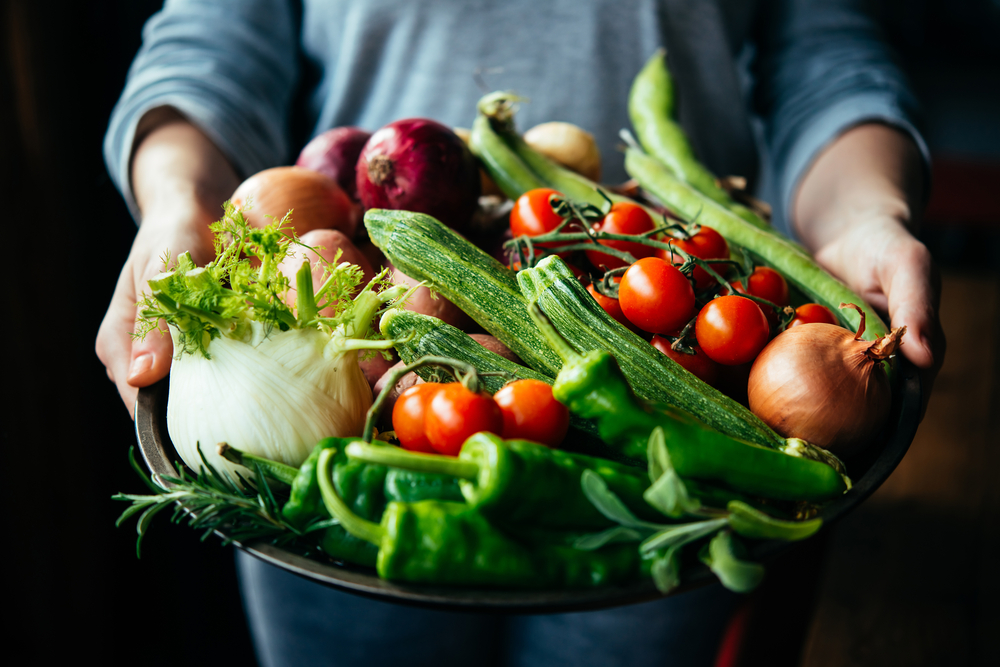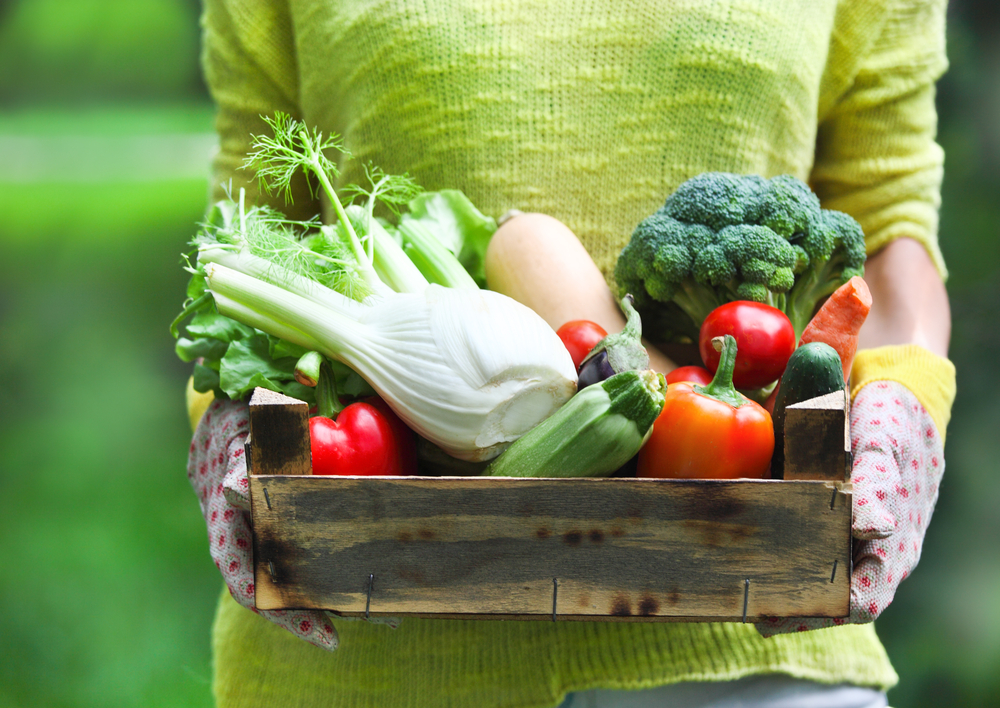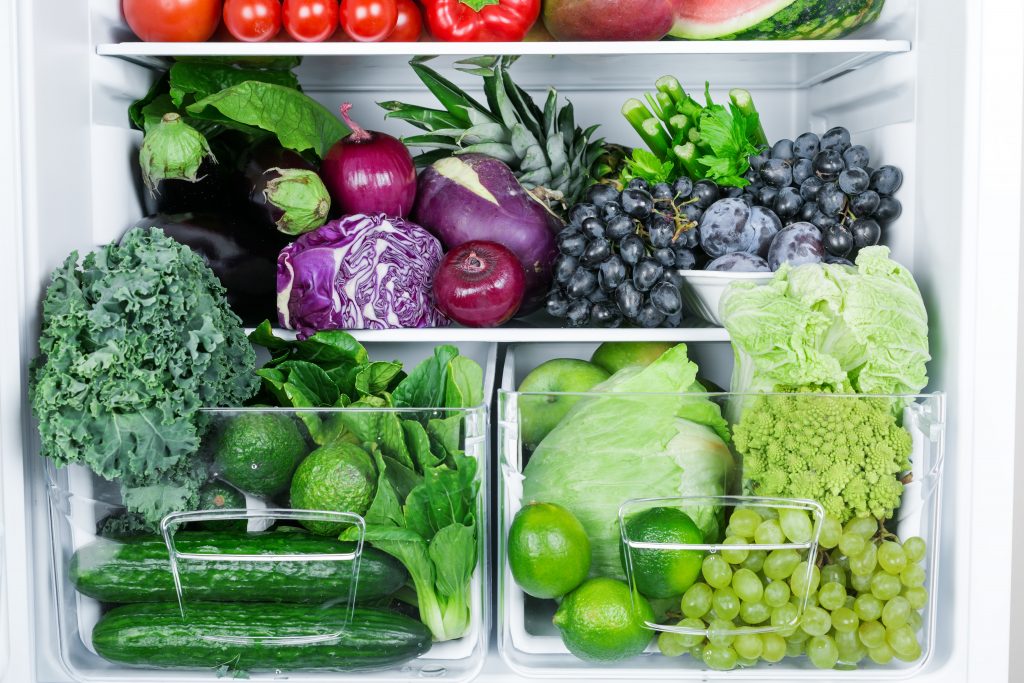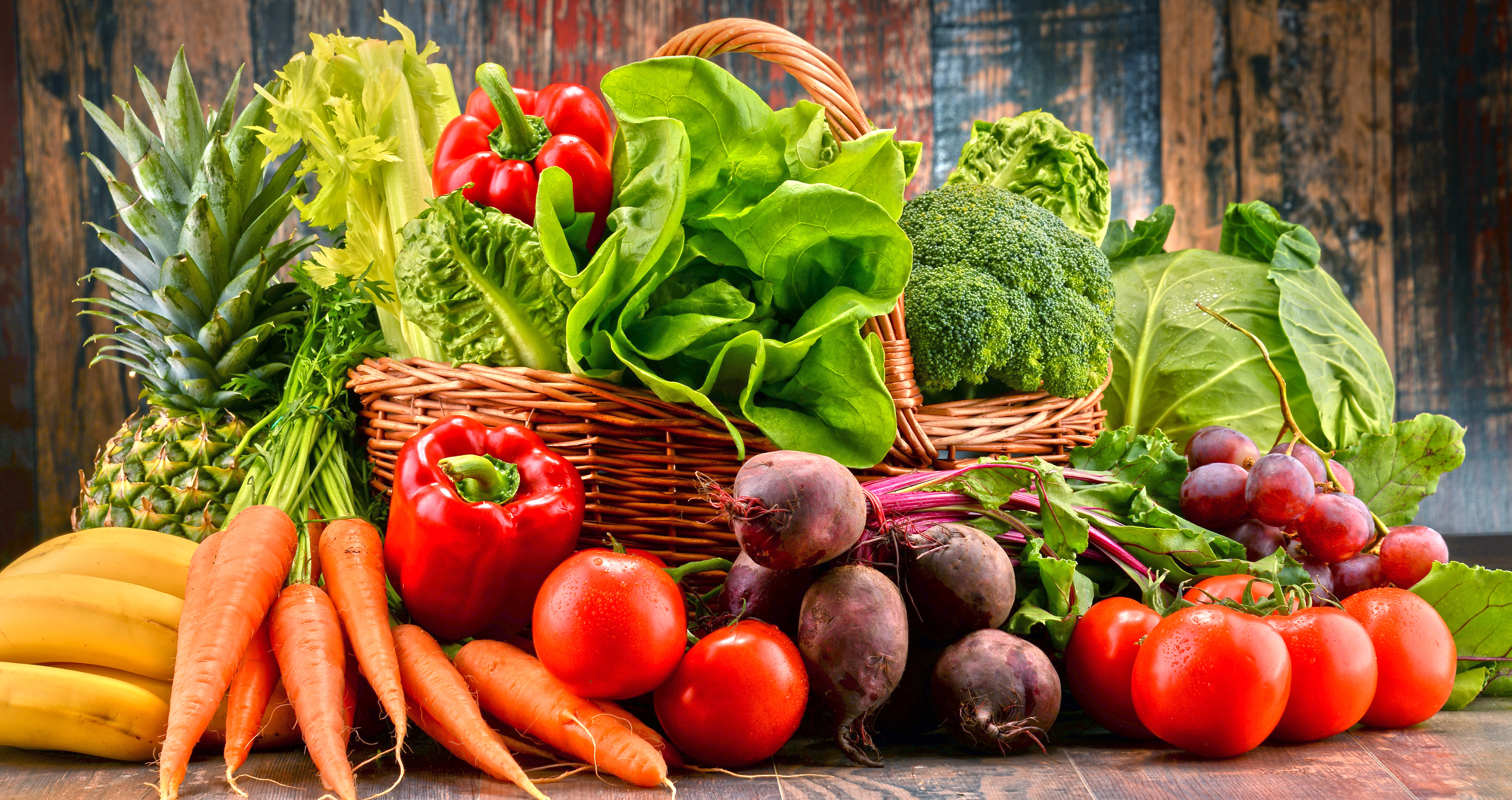So, you may be asking yourself questions like “Do I have to eat vegetables everyday?” or “How long can I go without eating veggies?”.
Well, this article hopes to answer your questions and give you an in-depth understanding of why veggies are important.
Health is wealth

According to the USDA, people who eat more fruit and veg as part of a healthy, balanced diet have a reduced risk of chronic diseases. These diseases include severe ones such as heart attacks and strokes. Research has also revealed that there is a possibility that some fruit and vegetables may protect against specific types of cancers.
Vegetables naturally contain a high amount of fiber which is essential in reducing obesity, heart diseases, type 2 diabetes and also plays a huge role in assisting your digestive system. Vegetables that are high in potassium have been regarded to help lower blood pressure and reduce the risk of developing kidney stones, other pertinent kidney issues, and decrease in bone matter.
Majority of veg are low in both fat and calories with zero cholesterol which is great for your health.
Naturally nutrient-dense
You know how the world is hitting a trend of consuming supplements to account for what their body lacks? Well, there truly is no better way to access these nutrients than straight from the natural source. Some of these nutrients include potassium, dietary fibre, folate (folic acid), vitamin A, and vitamin C.
Needless to say, many different vegetables contain high levels of nutrients that can help your body feel its best while protecting your health in the long run.

Here are some examples to name a few.
Potassium – Diets high in potassium have been known to help individuals maintain healthy blood pressure levels. Vegetables that have high potassium levels include sweet potatoes, white potatoes, tomatoes, beets, soy, spinach, kidney beans, white beans, and lima beans.
Dietary fibre – Diets that have a good level of fibre are known to reduce blood cholesterol levels and lowered heart disease risks. As fibre plays an important role in your bowel function, a healthy fibre diet results in reduced constipation and diverticulosis. Vegetables have naturally high levels of fibre which help in weight loss due to feeling fullness despite having lower calories.
Folate – Folic acid is known to help in the formation of red blood cells. Folate plays a critical role in fetal development which is why women of childbearing age are strongly advised to consume adequate levels of folate to reduce the risk of neural tube defects, anencephaly and spina bifida.
How to avoid wasting vegetables

If you’re the kind of person who struggles to go through fresh produce before their used by date, this section is perfect for you.
You shouldn’t be deterred from buying vegetables just because you think you won’t be able to use all of it before they go bad.
In fact, there are several ways to help extend the lifespan of fresh vegetables in the fridge and if all else fails, you could always just chuck them in the freezer.
Utilising Fresh & Crisp bags to store you veggies in the fridge will help them keep fresher for up to 3 weeks in the fridge. The theory behind this is in the scientifically developed film which draws out the gases which cause veggies to deteriorate. They’re cheap, simple, and easy to use which makes for the perfect solution to avoid vegetable wastage.

